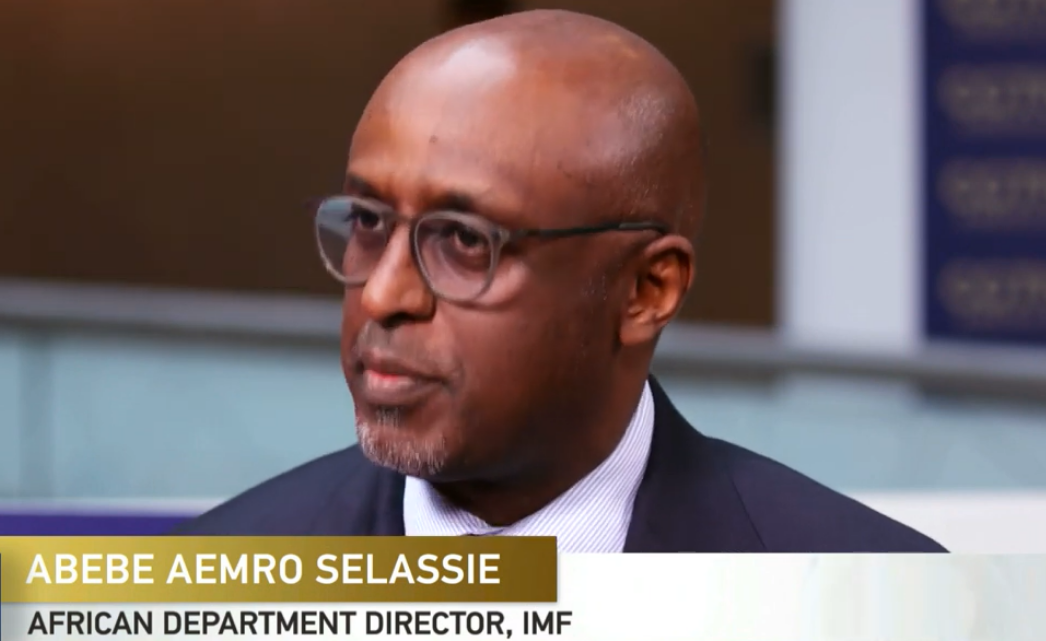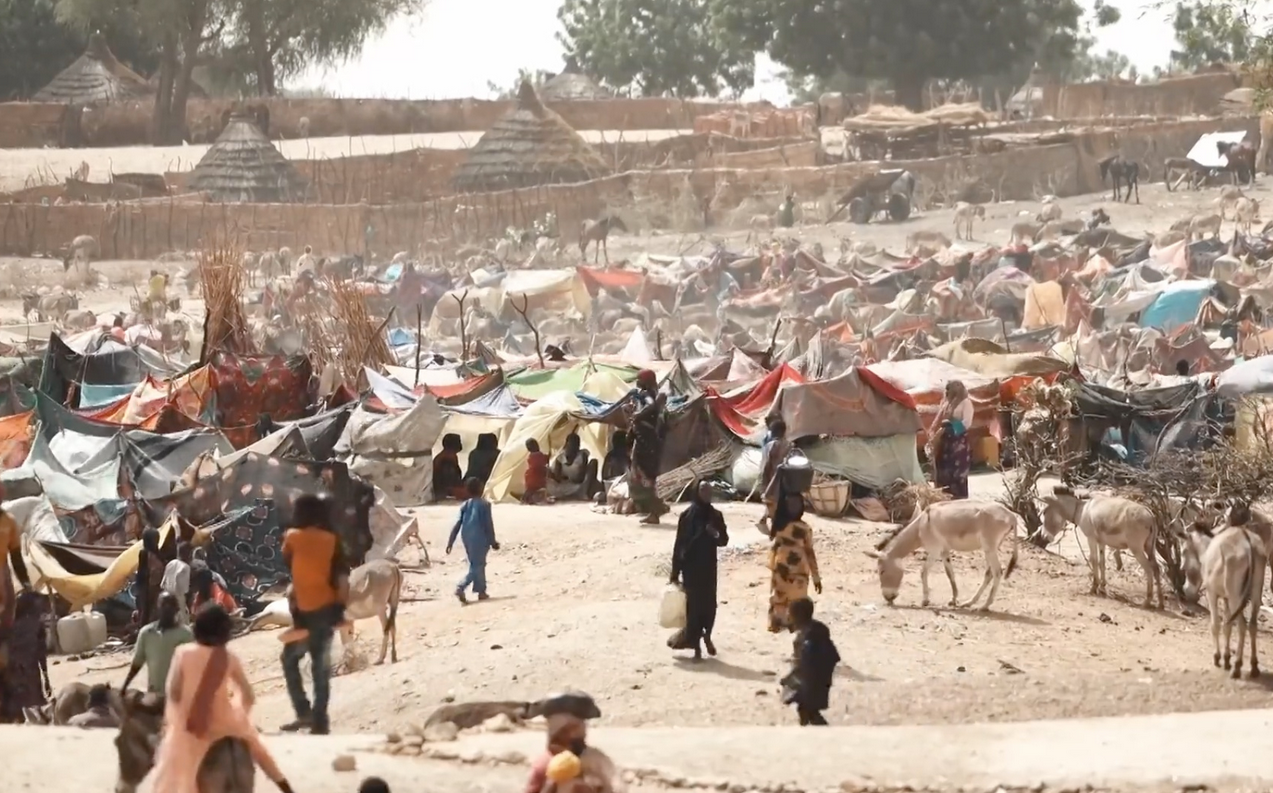By Sikula Oniala\Amnesty International
Photos: YouTube Screenshots\Wikimedia Commons
There were scenes of jubilation and euphoria when South Sudan gained independence 13 years ago today. But hope and optimism quickly vanished as conflict, corruption and human rights violations have become entrenched in the world’s newest country.
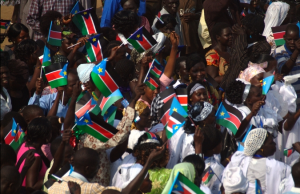
In a pattern that has become increasingly familiar, South Sudanese security forces clamped down on two peaceful protests and arrested at least two people in connection to peaceful protests in Jonglei state’s main town, Bor, last month. The protests had been organized as a response to the cost-of-living crisis, which has been exacerbated by the depreciation of the South Sudanese pound and sky rocketing food prices.
South Sudan regularly experiences humanitarian crises, but the situation today is particularly dire. The majority of civil servants have not been paid since September 2023. Teachers, doctors and security officers, who only earn on average between US$10 and US$50 a month, have also faced long delays in getting paid. At independence, US$1 was equivalent to 2 South Sudanese pounds, now it’s equivalent to 3,250 South Sudanese pounds, a historic low.
This is eroding people’s ability to feed themselves and therefore their right to food which the government is obliged to guarantee for everybody. The World Food Programme estimates that at least 9 million people in South Sudan will require humanitarian assistance this year. This, in a country with 33 million acres of prime arable land but only 4 percent of it under cultivation. It is estimated that 2.5 million women and children are acutely malnourished.
The war in neighbouring Sudan has also had a grave impact on South Sudan by hitting its economy, which is dependent on Sudan’s pipelines to get oil, its overwhelmingly largest export, to Port Sudan and onto international markets.
Corruption, which President Salva Kiir vowed to stamp out at independence, is rampant. This significantly undermines the government’s ability to guarantee human rights by hindering people’s access to justice, public services and security.
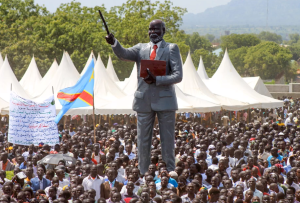
South Sudan was once again rated as one of the most corrupt countries in the world in Transparency International’s 2023 Corruption Perception Index, which ranked it in 177th place out of 180 countries.
Faced with these significant problems, people in South Sudan should be able to freely exercise their rights to freedom of expression and peaceful assembly, including being able to criticize the authorities and demanding that their government do better without fear of retribution. Instead over the past 13 years, criticism of the government has been ruthlessly quashed. Hundreds of journalists, members of civil society and government critics have been subjected to arbitrary arrest and detention.
Authorities in South Sudan have consistently failed to adopt a human rights agenda and action plan to address economic hardship, grave allegations of corruption, and impunity for violations of international humanitarian law and gross human rights violations and abuses committed by all sides of South Sudan’s longstanding conflict. A hybrid court to bring those suspected to be responsible for human rights violations and abuses since December 2013 to justice has yet to be set up.
This failure to uphold human rights directly contravenes South Sudan’s obligations under its 2011 Constitution, as well as the African Charter on Human and Peoples’ Rights (ACHPR) and a number of UN treaties including the International Covenant on Economic, Social and Cultural Rights (ICESCR) to which South Sudan is a party.
South Sudan’s government must not let another anniversary of the country’s independence pass before it begins to effectively uphold and comply with its national and international human rights obligations. This includes respecting, protecting, promoting and fulfilling the human rights of everyone in the country including the rights to freedom of expression, peaceful assembly, fair trial and economic, social and cultural rights. Instead of stifling a national debate about the country’s socioeconomic problems and pathways to solutions, it should be actively encouraging and facilitating it and allow the voices of the people of South Sudan to be heard. Above all South Sudan authorities must end impunity for human rights violations and ensure access of victims to justice and effective remedies.
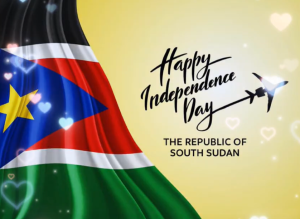
Sikula Oniala is the South Sudan Researcher at Amnesty International’s East and Southern Africa Regional Office

